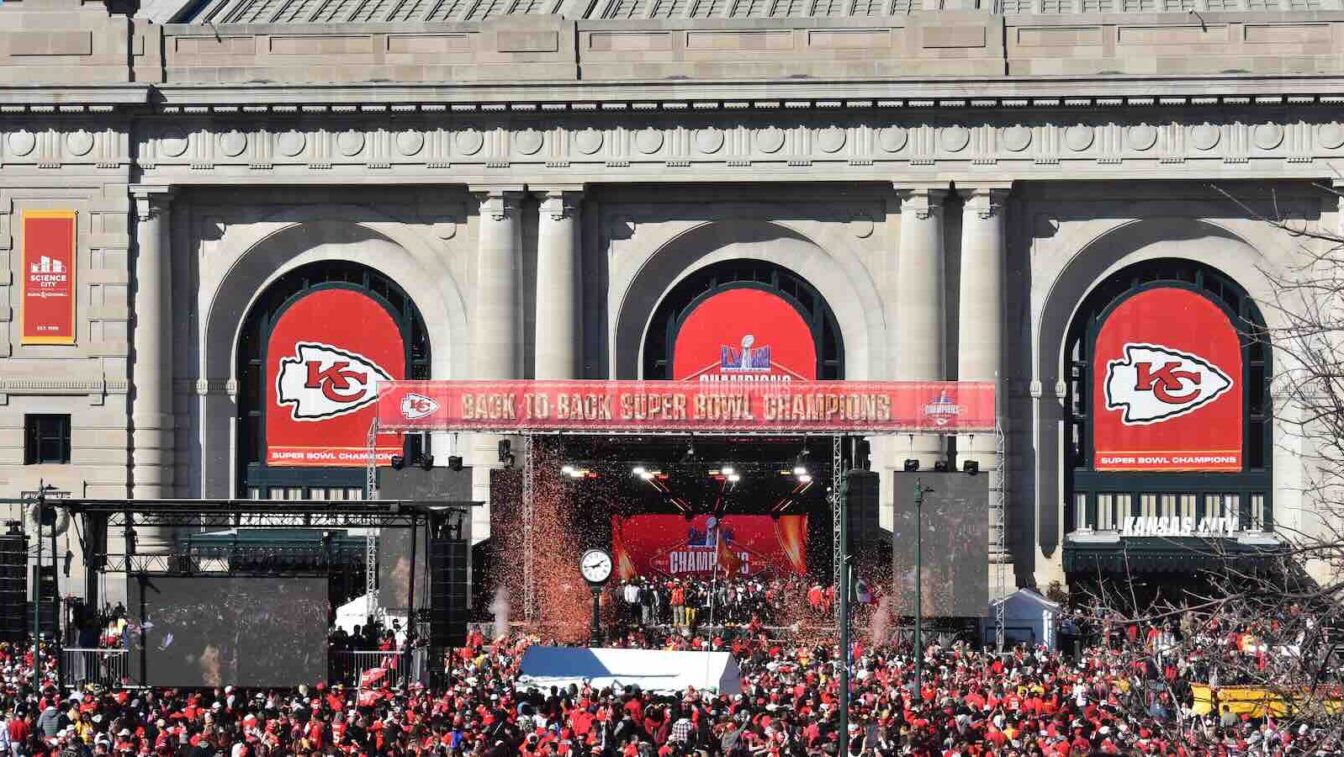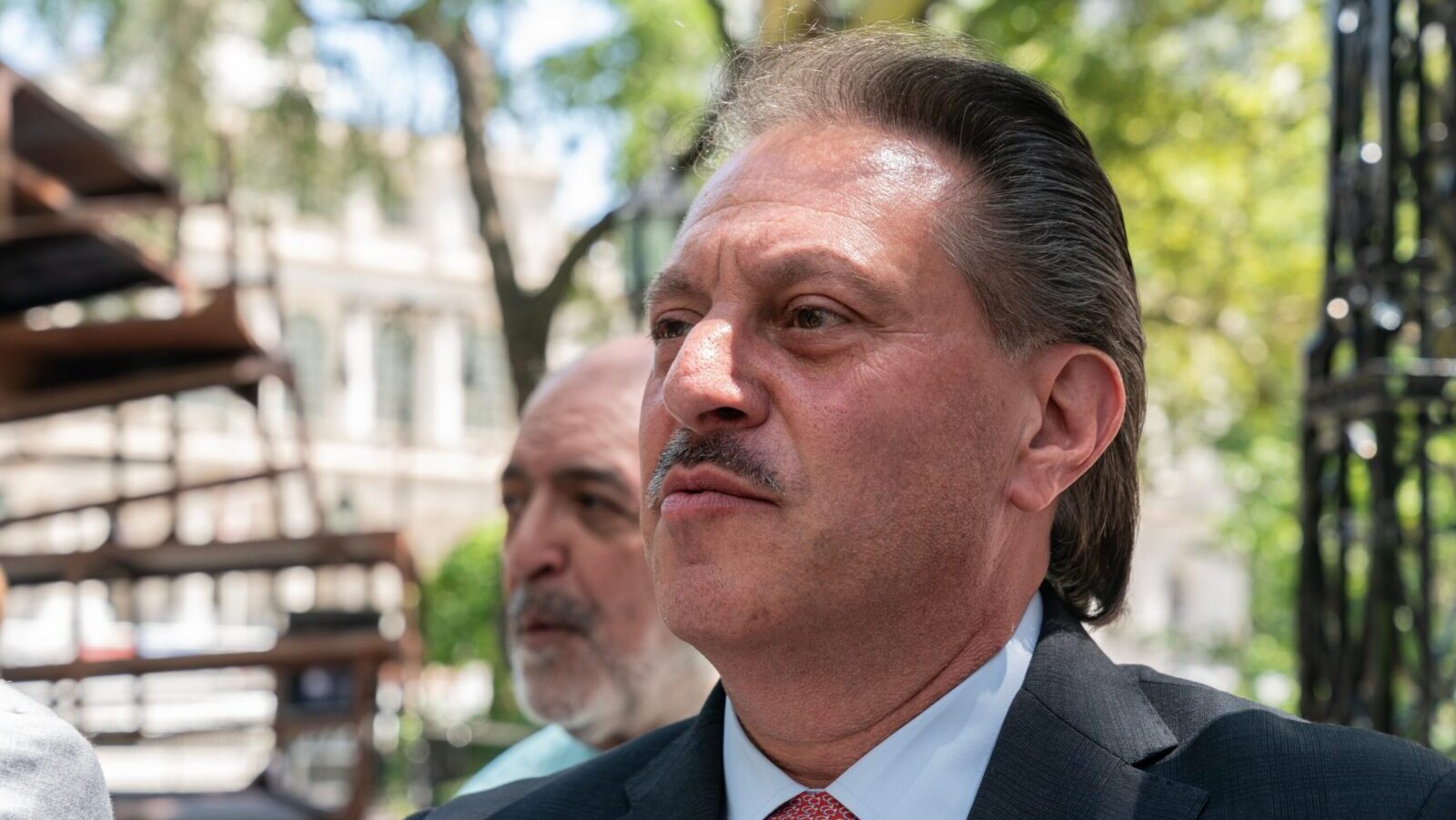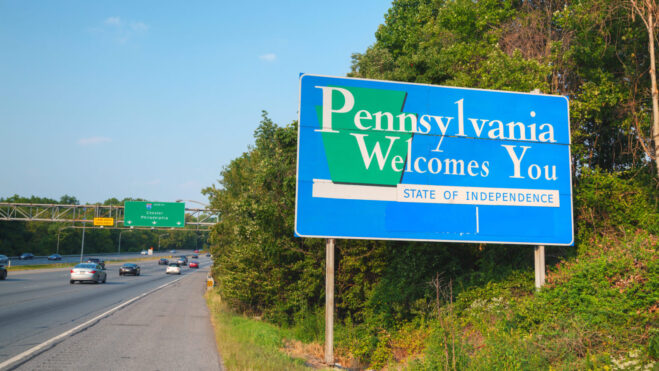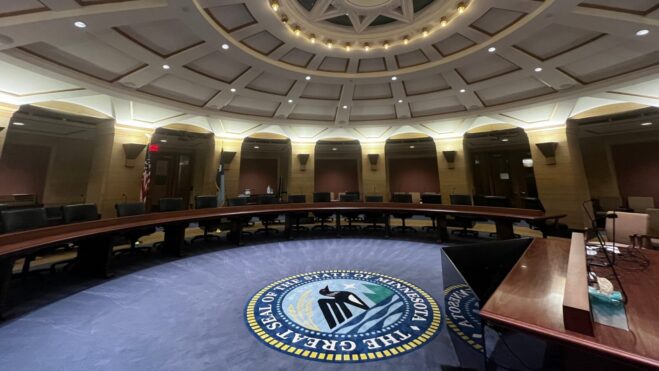Transparency In Gaming Policy: Looking To Find The Ghost In The Machine
The Missouri sports betting amendment re-raises important questions about who’s funding what
6 min

“Giving money and power to government is like giving whiskey and car keys to teenage boys.”
— P. J. O’Rourke
Missouri is the latest in a long line of jurisdictions where a lot of money is flowing into the state from gaming companies over the possible introduction of sports betting. It is presently estimated that approximately $45 million will be spent on Amendment 2 by gaming interests. Amendment 2 would authorize sports betting.
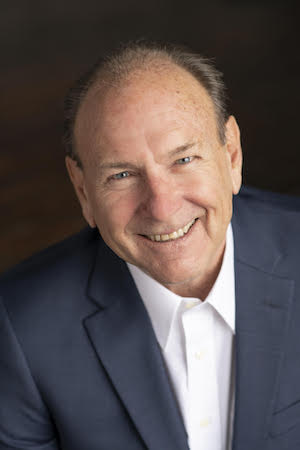
There are curiosities about Amendment 2. First, gambling companies are on both sides of the measure. Secondly, it is suggested that the amendment’s passage will lead to higher levels of funding for education. That, however, like many things in life, is not guaranteed.
It also has some twists and turns, suggesting that no one who drafted the amendment had much respect for economics to guide public policy. Like so many states, there appears to be a material disdain in Missouri for free-market forces to have much influence on how the industry evolves, and the tax rate is low by national standards.
Let me think: Which operators do not want competition and like low tax rates? To relieve the tension, the answer seems to be, based on the funding streams being directed at the passing of Amendment 2, FanDuel and DraftKings.
What is good about all of this is that the spending by the gambling firms is really making the news. The financial and other realities of political actions are often not addressed until after the election; see here and here. I believe there is value in having the population understand who is paying for what before they act at the polls.
The gaming operators have become attached to the model of buying their way into a jurisdiction; it seems to be their modus operandi. They must be generally satisfied with the results, for they keep doing it. One exception, however, has to be with the state of California.
Money very poorly spent
For the general election in 2022 in California, one gaming proposition attracted a great deal of attention: Proposition 27, which had the humorous title of Legalized Sports Betting and Revenue for Homelessness Prevention Fund. This bill was intended to legalize online sports betting within the state.
Over $400 million was spent on this measure, with approximately $169 million paid working to pass it and $249 million to kill it. For the proponents, the betting firms of FanDuel, DraftKings, Fanatics, BetMGM, and Penn National carried the load. Of the money spent to stop the measure, $202 million was provided by five tribes, with one tribe contributing over $100 million.
The betting operators essentially paid $69 for each vote they received to lose the election, garnering but 17.7% of the overall vote. That, and the utter disappointment these operators must have suffered for not being able to establish a homeless prevention fund. I am sure they were crushed about that.
I would also suggest that the money is not the only thing that the operators pissed off — for they really pissed off the tribal nations within the state of California — and pissing off the tribes is no small thing.
With great wealth comes great influence
Sports betting is not the only area in American politics where money is important. It was just noted that a presidential candidate received a $100 million contribution. The point is that one would be foolish to believe that money is not an essential force in shaping law and policy in the United States.
As an aside, in casinos where I had a material influence on decisions regarding political contributions, we would give the two major candidates for each office the same amount. We actually had a spreadsheet schedule for the amount allocated to each political office. Amazingly enough, we always contributed to the winner. We may have been a casino, but in politics, we had no gamble in us. We just developed a model that guaranteed we backed the winner.
In discussing the situation in Missouri, I applaud that the Missouri press has done a very good job of letting the voters within the jurisdiction know about the amounts being spent to achieve sports betting. That is a valuable service, for people in the United States are not always comfortable with political spending or are even aware it is taking place.
In a Pew Research effort last year, there are clear indications people are troubled with the seemingly important role that money plays in politics. In area after area, they see the role of money as contrary to good government.
Unfortunately, there is little that people can do about it. What can assist these people, however, is that they can at least be made aware of it, and this should be a right.
Efforts to understand the source of money can be complicated with our existing systems of disclosure. Dark money, pass-through entities, shell companies, and various federal and state regulations can lead to something similar to a scavenger hunt in trying to determine what came from where. See here, here, and here.
Transparency is vital
The people within a gaming jurisdiction need to know how gaming money flows within a state’s political arena. This should be a critical concern for regulators, and I believe it should be easy for the public to acquire this insight.
There are image issues surrounding gaming, so the more transparent the processes are, the better. When I left teaching at a college and returned to the casino industry because dice dealing paid better (and I did not get along with college administrators), my dear mother, God rest her soul, was still telling people 20 years later that I was a college professor.
Look up the term “sin industry” on different browsers or language evaluators, and you will find gambling on a short list with prostitution, smoking, liquor, dope, and other fun things.
Don’t listen to our industry shills who live in a glass bubble and think we are something we are not. You can identify these people, for they are the first to blame the legitimate press for continually sending out hit pieces. Those are not hit pieces, friends; they are generally reality. It is just that some folks have found that it is possible to financially support themselves as they run from conference to conference, shilling for the industry and saying what the industry wants them to say. Their parents must be proud.
I started in the industry over 50 years ago, when organized crime still had a bit of a presence in it. I am still in the industry today in what can only be considered the era of unorganized crime. Trust me, I had much more faith in “the boys” doing the right thing than many who populate the industry today.
So what now?
For those of you who recognize that it takes more than talk to improve the image of an industry, I would like to suggest a course of action. Regulators should require all licensed operators within a jurisdiction to report their lobbying spend and political contributions to the regulators every quarter, and the regulators should list it on their website. Moreover, in the same way that regulators post revenue and related performance numbers, they should also list where the operator’s lobbying and political dollars are going on a regular basis.
The point is that the public and the consumers of gaming products deserve to know this information. Sure, it is already available if you are good at deep-dive research, but we should try simplifying it. This may help players understand why they often get the worst of it, as we say in gaming.
Now, this will take a courageous regulatory agency, for many politicians will not like this information being easily accessible, and after all, it is politicians who generally appoint regulators. Also, the industry may not like it, so if you, as a regulator, plan on drifting through that revolving door to the industry, well, this might hurt your hipness.
But let’s suggest that you might want to be a good regulator — then this may be the right thing to do. The public and the gaming consumers deserve to know what is driving gaming policy in America today, and a great way to do this would be to list operator spending on lobbyists and politicians and ensure it is readily available to the public.
—
Richard Schuetz entered the gaming industry working nights as a blackjack and dice dealer while attending college and has since served in many capacities within the industry, including operations, finance, and marketing. He has held senior executive positions up to and including CEO in jurisdictions across the United States, including the gaming markets of Las Vegas, Atlantic City, Reno/Tahoe, Laughlin, Minnesota, Mississippi, and Louisiana. In addition, he has consulted and taught around the globe and served as a member of the California Gambling Control Commission and executive director of the Bermuda Casino Gaming Commission. He also publishes extensively on gaming, gaming regulation, diversity, and gaming history. Schuetz is the CEO American Bettors’ Voice, a non-profit organization dedicated to giving sports bettors a seat at the table.


